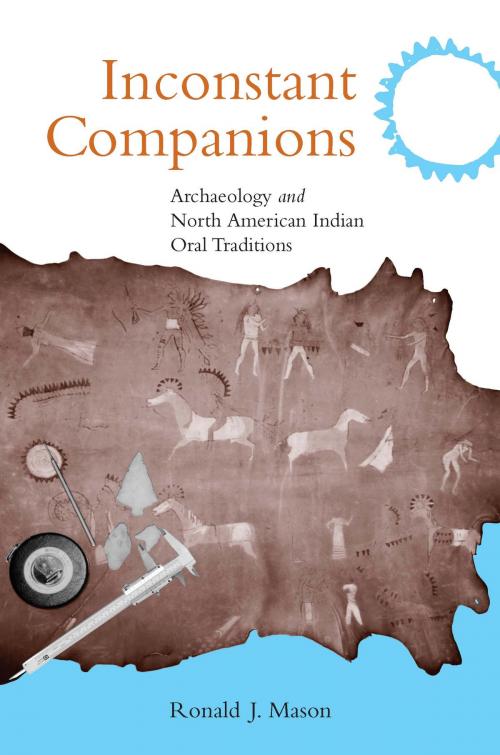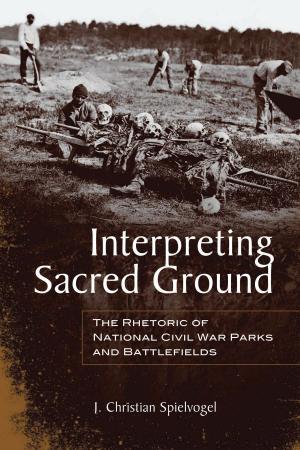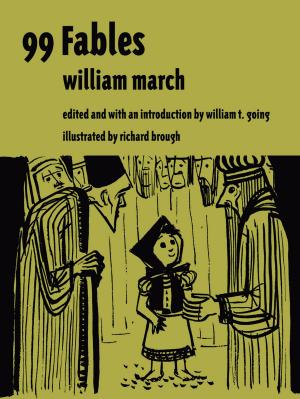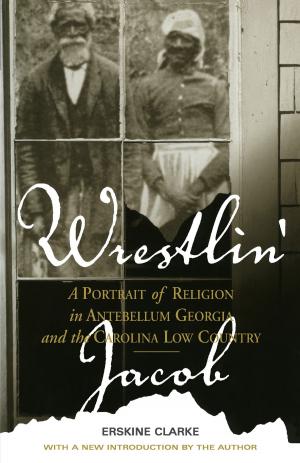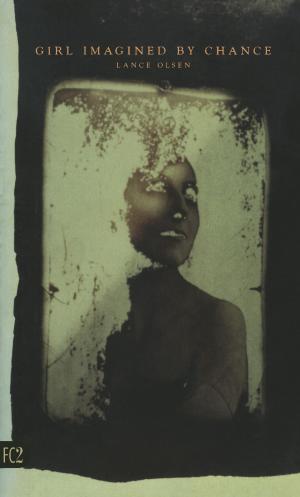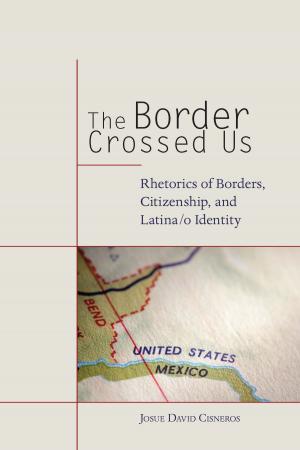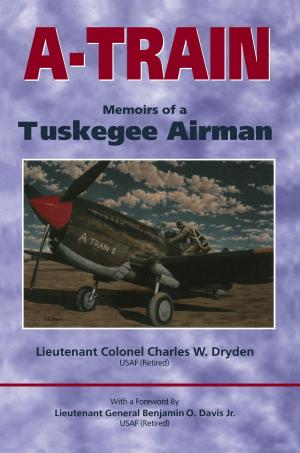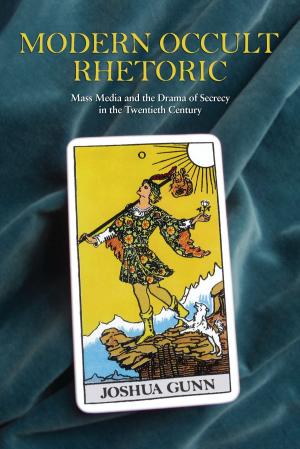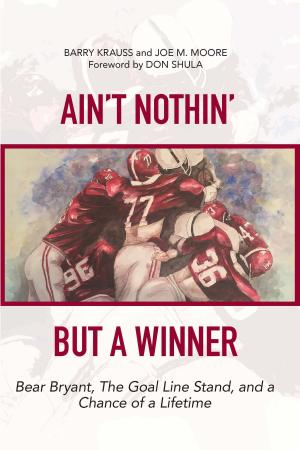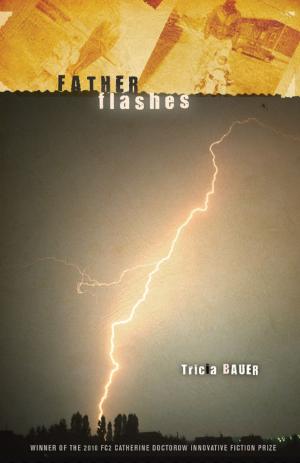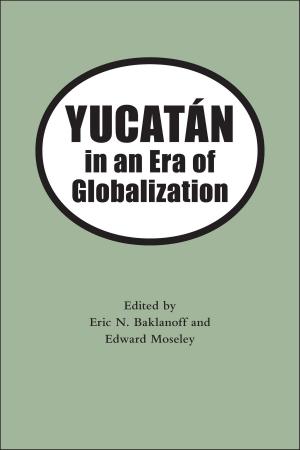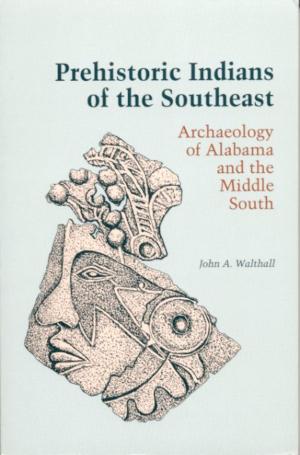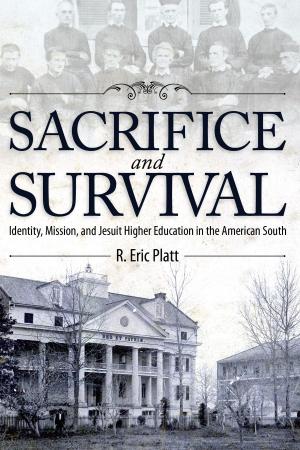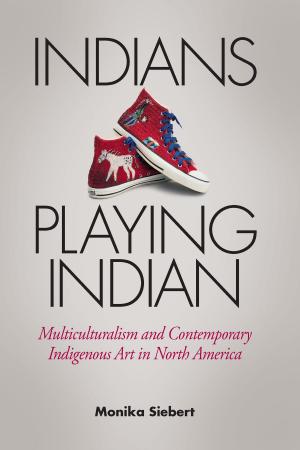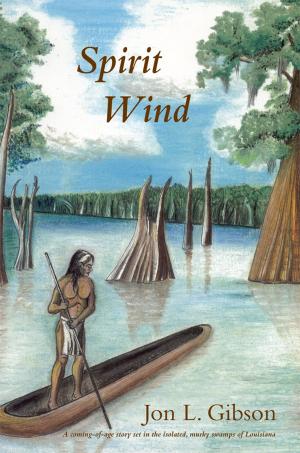Inconstant Companions
Archaeology and North American Indian Oral Traditions
Nonfiction, Social & Cultural Studies, Social Science, Cultural Studies, Native American Studies, Archaeology| Author: | Ronald J. Mason | ISBN: | 9780817381417 |
| Publisher: | University of Alabama Press | Publication: | February 15, 2008 |
| Imprint: | University Alabama Press | Language: | English |
| Author: | Ronald J. Mason |
| ISBN: | 9780817381417 |
| Publisher: | University of Alabama Press |
| Publication: | February 15, 2008 |
| Imprint: | University Alabama Press |
| Language: | English |
One of the most significant theoretical issues in contemporary American archaeology—the role of oral tradition in scientific research.
** **
Ronald J. Mason explores the tension between aboriginal oral traditions and the practice of archaeology in North America. That exploration is necessarily interdisciplinary and set in a global context. Indeed, the issues at stake are universal in the current era of intellectual "decolonization" and multiculturalism.
Unless committed to writing, even the most esteemed utterances are inevitably forgotten with the passing of generations, however much the succeeding ones try to reproduce what they think they had heard. Writing shares with archaeo-logical remains a greater, if unequal, durability. Through copious examples across academic and ethnographic spectra and over millennia, Mason examines the disparate functions of traditional "ways of knowing" in contrast to the paradigm of science and critical historiography.
One of the most significant theoretical issues in contemporary American archaeology—the role of oral tradition in scientific research.
** **
Ronald J. Mason explores the tension between aboriginal oral traditions and the practice of archaeology in North America. That exploration is necessarily interdisciplinary and set in a global context. Indeed, the issues at stake are universal in the current era of intellectual "decolonization" and multiculturalism.
Unless committed to writing, even the most esteemed utterances are inevitably forgotten with the passing of generations, however much the succeeding ones try to reproduce what they think they had heard. Writing shares with archaeo-logical remains a greater, if unequal, durability. Through copious examples across academic and ethnographic spectra and over millennia, Mason examines the disparate functions of traditional "ways of knowing" in contrast to the paradigm of science and critical historiography.
